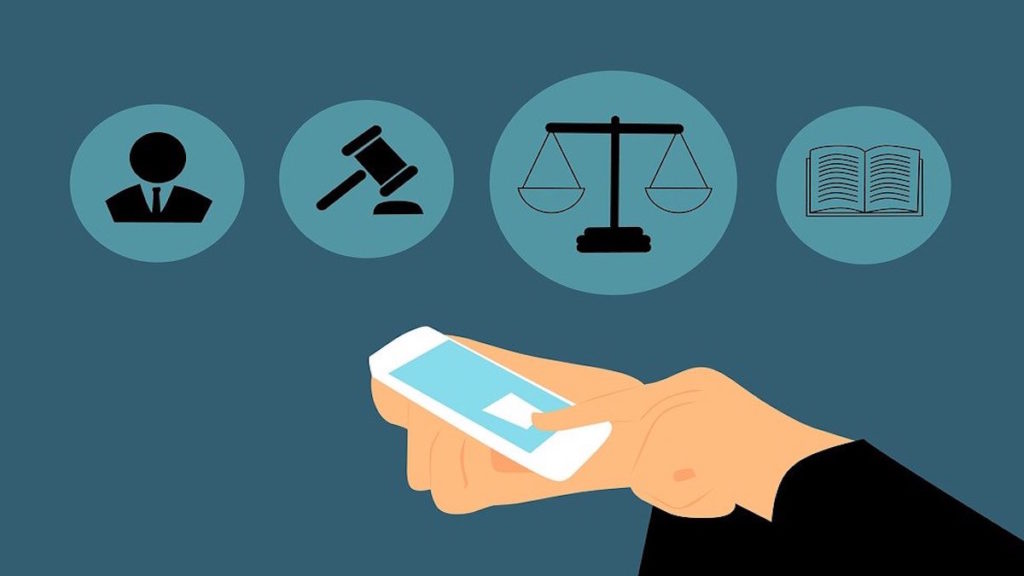Featured image by mohamed_hassan Pixabay
Customers have the right to feel reasonably safe in all retail establishments they visit. When they step into your store they expect to be able to conduct the business they came there to do safely, without having to worry about their wellbeing. If your business does not take the necessary steps to provide them with a reasonably safe environment, they may end up getting injured. If that is the case, they may be able to sue your business for personal injury.
What Elements Must Be Present for a Personal Injury Claim to Move Forward?
Three elements must exist when a customer files a personal injury claim against a business for a slip and fall accident. The customer must be able to prove that they were indeed present when the accident occurred. These elements include:
- The business owes a duty of care to the customer.
- This duty of care was breached.
- Because of this breach, harm was caused.
RELATED ARTICLE: HAS YOUR EMPLOYEE BEEN HURT ON THE JOB? HOW TO PREPARE
What Is the Duty of Care and How Can You Prove It?
It is understood that, by its very nature, a business expects customers to step into their premises. In these cases, the business has a duty to behave in a reasonable way so that their customers are safe. However, the courts and personal injury attorneys understand that it is impossible for any business to guarantee the prevention of all injuries. This standard may not only be impossible to meet, but also extremely burdensome for any business. Yet, it is expected that any business will:
- Establish and follow procedures that call for regular inspections of the premises for anything that may cause harm to a customer.
- Have their premises cleaned regularly to prevent slip and falls.
- Warn customers of dangerous conditions such as wet floors by posting signs around the wet area.
- Provide mats at the entrance when it is raining so that water is not brought into the store and creates a danger.
- Repair any defects in the pavement by their entrance.
If a customer is injured due to any of the above not being carried out, they must prove that the duty of care was breached to sue for personal injury. This may be because there was no cleaning schedule, maybe because although they had noticed that the floor was wet, they did not warn them about it, or maybe an employee intended to clean it but got distracted and forgot to do it.
In some cases, a personal injury attorney may have to call upon experts with knowledge of safety standards to provide testimony to determine the proper standard that should have been present when they were injured.
RELATED ARTICLE: WORKERS’ COMPENSATION: WHAT EVERY EMPLOYER MUST KNOW
What Damages Can They Recover From a Personal Injury Claim?
In these cases, they must prove the breach caused them harm which can be validated in:
- The cost of medical treatment
- The loss of earnings when unable to work
- Pain and suffering
- The loss of enjoyment of life as compared with the way they were prior to the injury
It is important to understand how their injury happened. Also, know if it was actually related to a situation that was present in the store when injured. Hipskind & McAninch recommend they speak to a personal injury attorney to determine if they have a claim and how to proceed.
RELATED ARTICLE: PERSONAL INJURY LAWYER: THE 3 MAIN DUTIES TO CLIENTS


